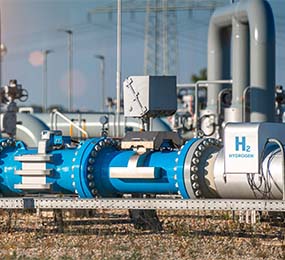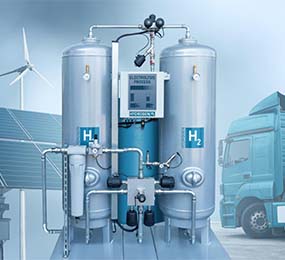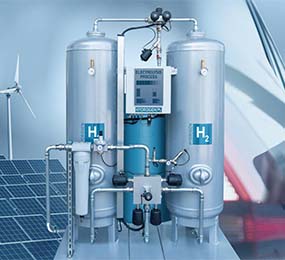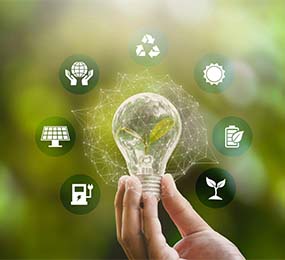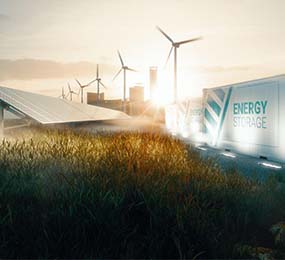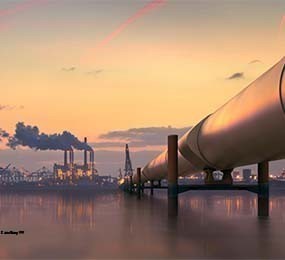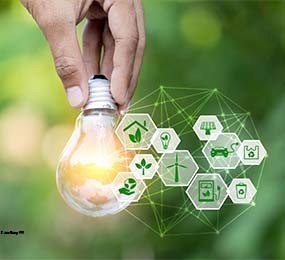The Benefits and Challenges of Decentralized Energy Systems Powered by Future Fuels in Europe
Decentralized energy systems powered by future fuels offer numerous benefits and present significant challenges in Europe's pursuit of a sustainable energy future. One key advantage is their potential to reduce carbon emissions and combat climate change. Future fuels such as hydrogen and synthetic gases can be produced from renewable energy sources, enabling cleaner and greener energy generation. Decentralized systems also enhance energy security by reducing reliance on centralized power plants and transmission networks.
Furthermore, decentralized energy systems empower local communities to become self-sufficient energy producers and consumers. They promote energy independence, stimulate local economies, and create jobs in the renewable energy sector. Decentralization also fosters innovation and flexibility, enabling the integration of diverse energy sources, energy storage, and demand response technologies.
However, decentralized energy systems also face challenges. One major hurdle is the scalability and infrastructure requirements. Building a robust decentralized energy infrastructure requires significant investments in production, distribution, and storage facilities. Additionally, the intermittent nature of some renewable energy sources and the need for advanced energy management systems pose technical and operational challenges.
Another challenge lies in the regulatory framework and market design. The transition to decentralized energy systems necessitates a regulatory framework that supports grid integration, market participation, and fair remuneration for energy producers. Ensuring efficient grid management, system reliability, and fair energy pricing are essential for the successful implementation of decentralized energy systems.
In conclusion, decentralized energy systems powered by future fuels offer significant benefits in reducing carbon emissions, enhancing energy security, and empowering local communities. However, challenges related to scalability, infrastructure, intermittent energy sources, and regulatory frameworks need to be addressed. By overcoming these challenges, Europe can unlock the full potential of decentralized energy systems, driving the transition towards a cleaner and more sustainable energy future.
Visit our website to know more: https://www.leadventgrp.com/events/future-fuels-europe/details
For more information and group participation, contact us: [email protected]
Leadvent Group - Industry Leading Events for Business Leaders!


